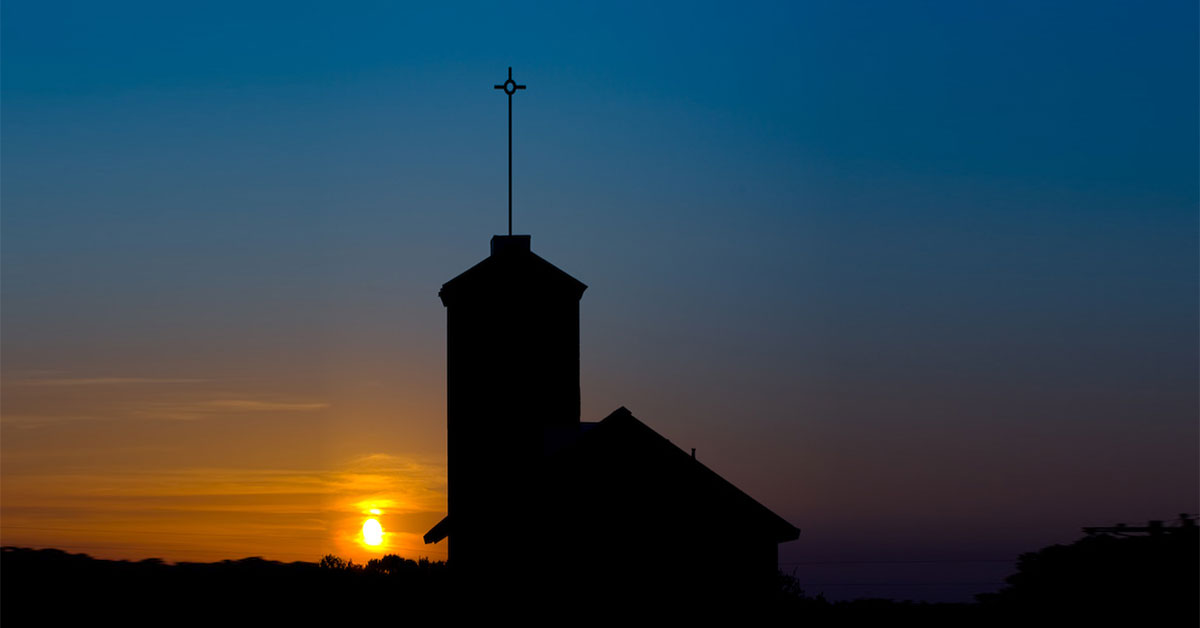Rest & Sabbath

Author: Ricky Allen, Academic Scheduling Specialist
Ricky Allen, the academic scheduling specialist at Concordia University Texas, explores what authentic rest looks like, the way God intends it to be.
Modern culture finds authentic rest unnecessary at worst and a means to an end at best. In the economic and political systems that surround us, participatory output reigns supreme.
When we think about it carefully, rest is often a means by which we prepare ourselves to return to “normal life.” Perhaps we might say that rest is the logical next step in continuing to live our lives in the way expected of us.
Advertisers bombard us with seemingly innumerable ways to relax and enjoy ourselves, but when we speak of authentic rest, is that what we mean? Is rest the same as leisure? What is the purpose of rest? Are we able to think of it in a deeper, possibly subversive way?
Authentic Rest
We may certainly find rest or refreshment in leisurely acts or recreation — and there is nothing wrong with these — but the authentic rest we need is the moment when everything pauses. In this moment, output loses its meaning, and we instead become vessels for peace, silence and reflection.
This is the subversive beauty of authentic rest. Instead of experiencing time as a constant progression of sustained production, we experience a different sort of time altogether, wherein the best way possible, time escapes our grasp and comprehension. Doing becomes doing nothing at all; daydreaming becomes more pleasurable than leisure.
Likewise, we see that the rest God intended for humankind on the Sabbath goes far beyond pausing work for one day. When we truly pause everything, breathe, and reflect, we understand that authentic rest unites body, mind, and spirit in a way that eases anxiety, weariness and fear. The demands of time fall away, and we receive the fullness of God, better understanding eternity here and now.
In his seminal classic, The Sabbath, the late Jewish philosopher Abraham Joshua Heschel wrote:
To set apart one day a week for freedom, a day on which we would not use the instruments which have been so easily turned into weapons of destruction, a day for being with ourselves, a day of detachment from the vulgar, of independence of external obligations, a day on which we stop worshipping the idols of technical civilization, a day on which we use no money, a day of armistice in the economic struggle with our fellow men and the forces of nature — is there any institution that holds out a greater hope for the man’s progress than the Sabbath?
A Different Way of Life
Authentic rest reveals itself when we simply refuse to do what we would normally desire. Heschel understood that the Sabbath, and more broadly, the sort of rest God intends for us, is important because it teaches us a different way of life. There is genuine freedom in rest. We escape the world’s script, and God invites us to play a different part where we merely receive all good things rather than perform.
My prayer in these strange times is that we would learn how to rest well. Admittedly, I often miss opportunities to do so. However, when I do rest, everything changes. I come out refreshed and gifted with a better perspective of what actually matters. In a world that fatefully thrives on eternal output, may we learn God’s script and find authentic rest, for our own sake and for the sake of others.
